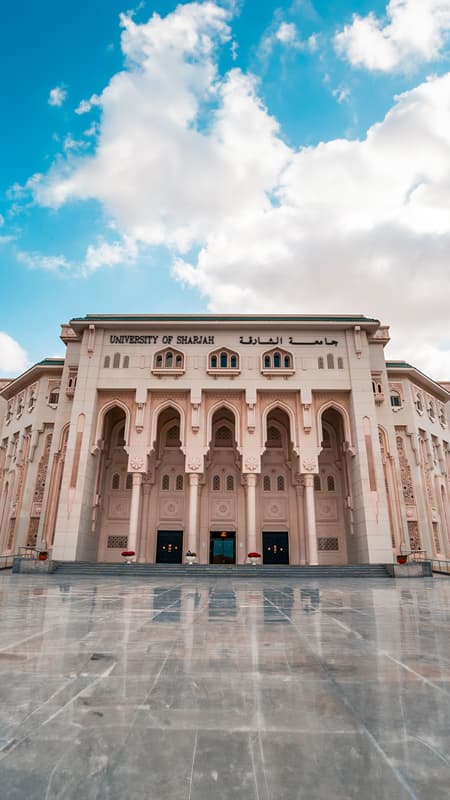UoS Displays its Organic Food Products in the Market
With the aim of promoting and enhancing the sustainability of the agricultural sector and increasing the portion of organic food products offered in the local market, the University of Sharjah, the first higher education institution in the UAE, succeeded in implementing the sustainable garden project to produce organize fertilizer and organic agricultural products, as well as display them in Sharjah Co-operative Society branches, as it obtained a certificate of conformity for organic crops issued by the Ministry of Industry and Advanced Technology.
Since November 2019, the UoS has worked to produce organic fertilizer from biodegradable kitchen waste generated by the community living, with the aim of reducing carbon emissions that cause global warming and enrich soil fertility. Indeed, about 7,000 kg of organic waste was converted into 4,000 kg of organic fertilizer, and it was used in the sustainable garden. Since then, the sustainable garden has produced about 200 kg of organic crops such as: tomatoes, black and red carrots, sweet potatoes, radishes, cabbage, moringa, rice, wheat, quinoa, and other organic crops. Selling more than 70 kg to the UoS campus community, besides distributing some of it to charity.
The establishment of the sustainable garden at the UoS is one of the initiatives of the Sustainability Office, to raise awareness among the university’s community on the importance of sustainability in all fields, by encouraging students, faculty members, administrative and technical staff to practice organic farming in the sustainable garden and to contribute in achieving food security, improving local soil quality, increasing greenery areas and reducing carbon emissions.
The sustainable garden includes the Green House which aims to produce organic crops throughout the year, in addition to the Community Farm allocated to staff, faculty members and their families who wish to practice agriculture in the first phase of the sustainable garden, under the supervision of Dr. Anu Vinod Ranade, Associate Professor at the College of Medicine and Leader of the Linking Education and Farming (LEAF) SC.



